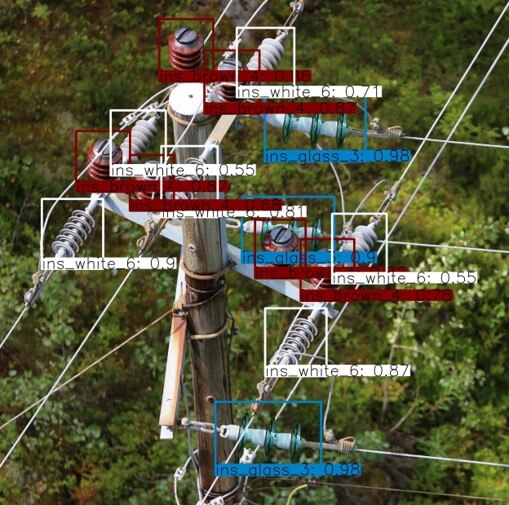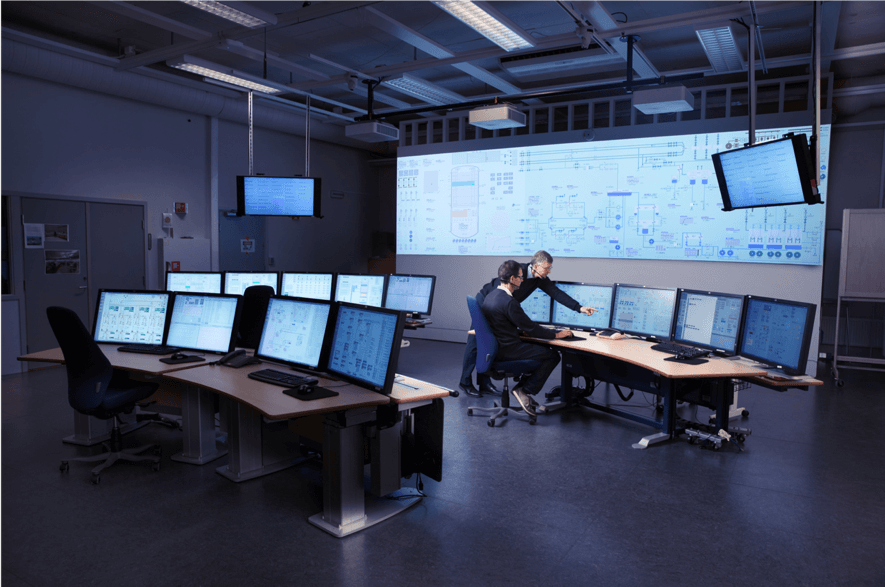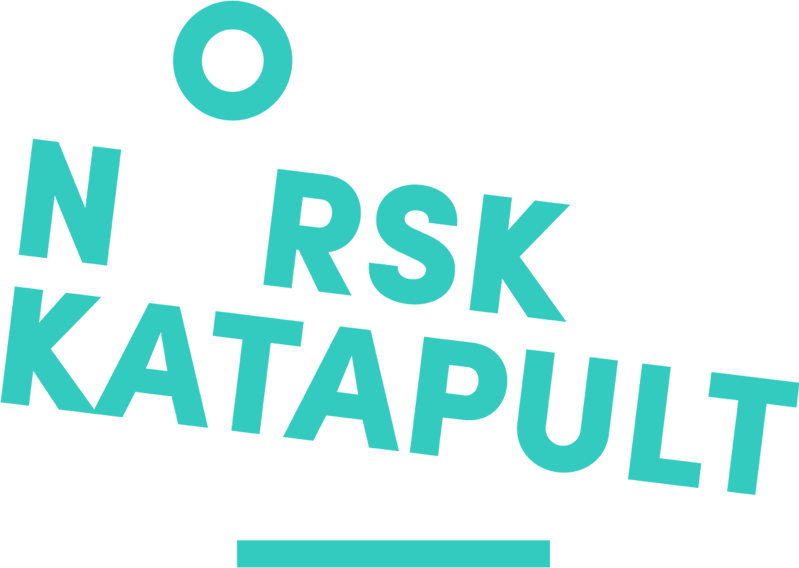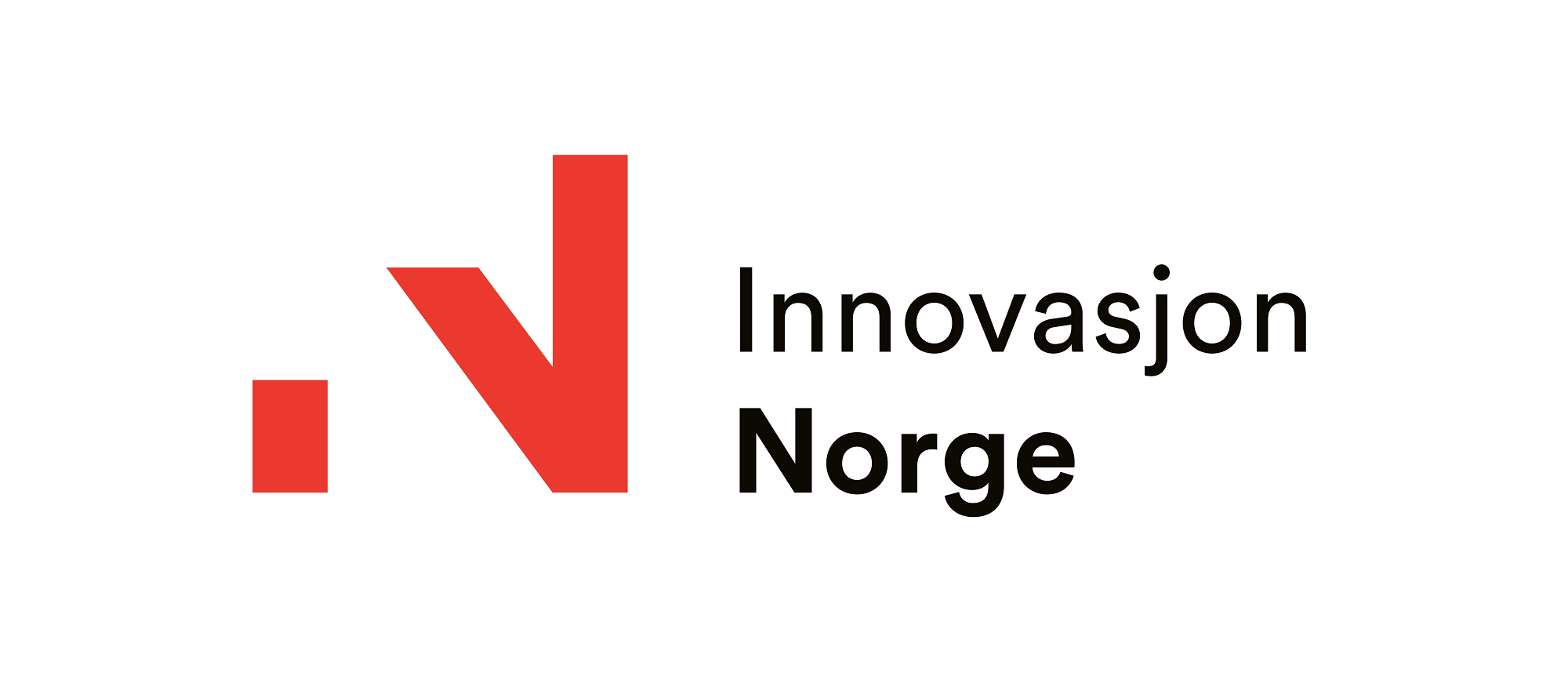The history of artificial intelligence (AI) goes back to the Dartmouth Conference in New Hampshire in the summer of 1956. That is when the word was first coined. The conference gathered some of the key researchers in the United States, who were computer scientists, to look at the potential of the computer. The researchers had already started looking into making the computer intelligent before that, but the Dartmouth Conference is considered to be the founding event of artificial intelligence as a field.
From that time until now, we have had AI winters and AI springs. Every time there is an AI spring, like 1956, we have a lot of funds coming in. Several companies put a lot of money in, and a lot of promises as well, but some of these promises are not realistic. For example, in 1956, they were talking about the autonomous car and the universal translator, and it was promised to be ready in 10-15 years. But, as we all know, 15 years later there were no autonomous cars.
What happens next is that people get disappointed when AI does not deliver, and almost all the funding stops. A lot of good researchers leave the field and move to other fields. So, every time the AI winter comes, we lose a lot of excellent AI researchers.
Then the spring comes again, because someone has gotten a breakthrough, and the funding comes back. Also, every time we have an AI spring, the charlatans show up as well. People who do not really have AI experience, capabilities or AI products come because there is a lot of money involved. They also make promises, which lead to disappointment – and affect the AI hype.
The lasting AI spring
Today, we are in the middle of an AI spring, but there are still some cold winds. The difference this time, compared to previous AI springs that have turned into winter, is that we have available data from Internet-of-Things (IoT), we have mature algorithms, and we have processing power in the cloud. All this makes the current AI spring unique, and I think it is here to stay. With that said, there will be a lot of disappointments as well, where people are promised gold, but get coal in return.
This is why it is important to remember the history of AI. When I bump into young people around 25-35 years old, they tend to think that AI is only about deep neural networks and that everything written about AI that is older than 10 years, is irrelevant. That is a huge mistake. You might think that the autonomous vehicle came from the DARPA (Defense Advanced Research Projects Agency) Grand Challenge or Tesla, but in the 1980s there were autonomous Mercedes Benz cars driving on the highways of France, Germany and Denmark, using AI.
We had cars driving autonomously already in the 80s and people don't know. We have so much more to learn from the history of AI, but people are too short-sighted back in time. Some of the most relevant research papers are not as young as five years old; they might in fact be 20-40 years old.
Hence, if you wish to focus on AI, do not ignore research and results of AI that is older than 5-10 years. You will only do yourself a disfavor and create more work than you need to do.
Definitions of AI
Through the years, there have been many attempts to define what artificial intelligence is. The simplest and most common definition, but a problematic one, is "intelligence demonstrated by machines and software". The problem is that we do not have a universally agreed upon definition of the word intelligence. If you and I have two different views of what intelligence is, it means we would also have two different views of artificial intelligence.
Therefore, a more comprehensive definition that does not contain the word intelligence would be better: "Machines and software that try to achieve a goal or solve a problem in a changing environment using reasoning, memory, planning, scheduling." That is artificial intelligence.
Machine learning, on the other hand, is a group of AI techniques (some statistical techniques also belong under the machine learning umbrella). It enables a system to automatically learn and progress from experience without being explicitly programmed.
The most important reason why people and companies should have competence within AI today, is that AI has the potential to help with digitalisation. For the Institute for Energy Technology (IFE) , digitization means how organizations use digital technology to enable them to do more with less effort and get it done quicker, safer, and cheaper. If AI can help with that, you will get a competitive advantage compared to those who do not utilize it. Basically, it is about staying in the game and being competitive.
It is also necessary to remember that AI might not always be the solution. There are some problems where people apply AI, when other techniques like statistics or mathematical modeling are way better. I have seen instances where people choose to apply AI to a problem simply because it attracts funding, but they end up using the wrong technique to the problem. They would have had a much more efficient solution if they used mathematical modeling instead.
Nevertheless, used correctly and in the right circumstances, AI has the power to help a large number of businesses in the private sector as well as the public sector become more efficient and most importantly; more sustainable.
When is AI the solution?
We have several examples of smart use of AI in the new Cluster for Applied AI . Many of our cluster members already utilize artificial intelligence in a way that is both efficient and environmentally friendly. In the following, I will present some of the most relevant cases.
At IFE, we produce medicine for prostate cancer. It is a radioactive medicine that is given intravenously to patients, but it has a half-life of two weeks. This means that from the time we produce it, we have two weeks to give it to the patients, otherwise it does not work. We deliver this medicine from our facility at Kjeller to the entire world, and it must reach the patients, wherever they are, within two weeks. The medicine is kept in a vial and we need to identify if there are dust or particles that make it necessary to discard it.
Previously, this was done manually by people looking at and shaking them against light to check. First of all, they would get a small dose of radiation, which is not dangerous, but not great either. Secondly, it is hard for the human eye to detect these particles. Now, we have project where we use a robot hand to shake the vials and we use machine vision with AI to identify the particles, which can do the job faster, more accurate, and safer than humans, which means better medicine reach the patient faster .
A second example is that of eSmart Systems . The software company uses AI to detect maintenance needs on the masts of power lines.

Previously, when you were inspecting power lines, you would rent a helicopter and fly along the power lines with a camera and/or binoculars to try to identify what might be broken. This is traditionally known as one of the more dangerous helicopter trips that you can take. There is always high risk involved when working close to power lines, but this method also has a high carbon footprint.
eSmart Systems' solution is to use drones to inspect instead. These drones can be autonomous or controlled by man and are equipped with a camera connected to artificial intelligence which analyzes the power lines and masts in real-time. This means that the operator will know exactly which mast to go to, which tools and parts to bring, and which error to climb up and fix. The AI has been fed with a broad spectrum of images showing all different kinds of masts and potential errors and trained to detect and identify all types of errors. It can recognize and analyze 200,000 images in one hour, whereas a human being would need one year to analyze 100,000 images.
Before, the utilities left a big carbon footprint, there was more risk involved with the helicopter, it was more expensive, and they still did not get as accurate information.
The third example from the cluster is Husqvarna 's production of saw blades for chain saws in Sarpsborg, Norway. They are interested in AI to look at the quality early in the production line. Very often, if there is a mistake early in the production line, they want to detect it as quickly as possible. Because when you build a product and it is faulty early on, but you do not know, you invest more money and time building things on top of it. In the end, after spending a lot of time and resources, you find out it does not hold the standard and must throw it away.
Husqvarna wishes to know early in the process if the tolerance, width and height of the product is perfect. If it is not, they will discard it early on. Hence, the company uses AI to detect faults early in the production process, so that they do not invest or use resources unnecessarily.
A fourth example is predictive maintenance. Here, IFE has been using AI techniques since the 1980s to assist in safety critical industries. We predict when failure will occur (based on sensor inputs such as vibrations, sound, and electrical profile used) which allows for optimal selection of time to do maintenance. For example, predictive maintenance is used on large water pumps for nuclear installations.

From the public sector, the most relevant examples of smart, and in some cases lifesaving, use of AI are within healthcare. For example, AI can be used to predict breast cancer and help identify tumors. It can analyze databases of people's medical records to identify pre-diabetics, so that measures can be made and medicine given to prevent them from ever becoming diabetic. Of course, today we have laws and regulations that prevent the sharing of medical records, but these things could be evaluated against how much it is worth.
AI can also be used to analyze what some schools are doing correctly in terms of teaching and learning compared to other schools, or to make sure that the elderly can stay at home as long as possible with the help of smart sensors.
AI in the future
To sum up, there are many ways that AI can help both private businesses and entire sectors, including the public sector, to become both more efficient and more sustainable. As discussed, AI is nothing new. The reason why AI is in the wind again, seemingly for good this time, and has become a popular buzzword all over the world, has a combined explanation.
Every time there has been an AI spring, it is because one of the AI techniques has made significant progress. In the 1980s, it was a so-called expert system (computer program that emulates the decision-making ability of a human expert) that suddenly started being able to handle industrial problems which gave the industry a huge benefit. Thus, the AI spring blossomed, before it became winter once again.
What initiated the current AI spring, is neural networks and the progress we have made within that field. A neural network model is originally inspired in design by the human brain (but it is not an artificial brain) and is programmed to recognize patterns. We have managed to, in several different areas, use neural networks with a higher degree of accuracy than humans. For example, a neural network can learn how to play chess against itself and get better and better, until it is better than any human chess player.
Even though we have had great success with neural networks, the focus should shift to other AI techniques as well – which could work very well with neural networks. Because AI is much more than machine learning. The latter has the downside that it is "black box", which means that we cannot see how the knowledge is represented in the AI model. But a big part of AI techniques and algorithms are "white box", that people have forgotten a little bit about, where you can actually explain the reasoning for everything. In the future, the important thing will be to combine them.
Going forward, everyone should gain more knowledge about AI. Attending courses is one thing, but what we really need, are initiatives like Siva's Catapult centers and the newly formed Cluster for Applied AI , where people and companies can connect, ask questions, test products, share knowledge and experience, and establish collaborations.
If we succeed in creating such a national AI team and work together instead of competing against each other, we will be able to create value within our own borders and become a force to reckon with internationally as the world enters the AI age.













